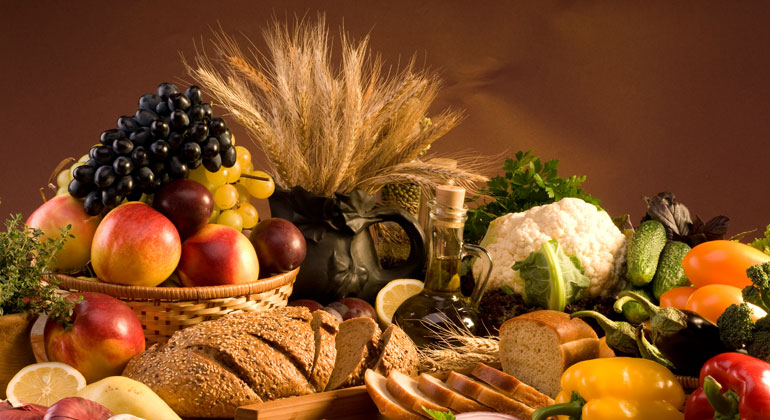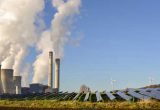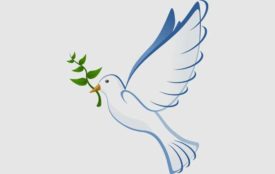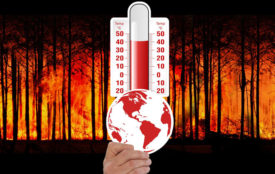We all come from agriculture
Agriculture is the basis of every civilization. We (almost) all come from agriculture.
200 years ago, over 90 percent of people were still farmers. In 1949, a quarter of the German population still worked in agriculture. Today it is still around one percent. Since 1950, agricultural gross value added as a proportion of total economic output in Germany has fallen from eleven to one percent. Today, industry accounts for a quarter of total economic output and more than two thirds are generated by services (Süddeutsche Zeitung, January 9, 2024).
More and more people are living further and further away from farmers. This is also leading to tensions between the urban and rural populations. In these weeks of farmer protests, some city dwellers are saying: “Do we even need farmers? – We have Aldi!”
But the soil, laboriously worked by farmers, is the basis of life for humans, animals, plants and trees – for all life. It forms the basis for our food, our means of life. Soil is a habitat for countless soil dwellers, serves as a filter for pollutants, reduces global warming, stores rainwater and thus helps to prevent flooding.
The last few weeks, especially in flooded Germany, have shown what it means when these soil functions no longer work reliably. We often treat the soil, the fields and agriculture as the “last straw”. Soil ecology is sounding the alarm because soils are usually treated with too many herbicides, pesticides and fungicides. Insects and birds are disappearing, moors and fields are drying out, nitrate levels in the soil are rising, millions of animals are suffering unnecessarily and farms are dying. These are just some of the underlying problems of today’s agriculture.
Farmers are rightly supported with taxpayers’ money for their work on the land. The German Farmers’ Association argues: ‘The current farmers’ protests are not only directed against the gradual abolition of diesel subsidies, but also against the excessively tough competition with farms from other EU states, rising energy costs and excessively high lease prices.
The current protests not only reveal a political problem, but also a social one. As long as most consumers shop according to the motto “the main thing is cheap”, the producers of our food will have financial problems and consumers will have health problems. German taxpayers pay over 70 billion euros every year due to diet-related illnesses. Cheap food is very expensive.
We eat too fat, too sweet and too much. In addition, too little attention to our food means that too much valuable food ends up in the bin.
If the climate is to be relieved, animal welfare improved and our food made healthier, then European agriculture must change fundamentally. Not only butterflies and bees, but also farmers must be better protected.
Almost half of the entire EU budget is subsidies for farmers. However, Europe’s agricultural billions have not yet been able to avert the farmers’ misery. On the contrary, they have actually encouraged it. Farmers are working themselves to death, the longer they go on. This is a wake-up call to governments around the world to make agriculture more sustainable and ecological.
To date, only around ten percent of German farmers work organically. Only organic farming, says the head of the UN Environment Program (UNEP), Inger Andersen, can make agriculture one of the main drivers of human well-being again, help stop climate change and reduce the loss of nature. If everything remains as it is today, it is not only the farmers who will lose out, but also nature and society.
A small ray of hope: The number of organic livestock farms in Germany is rising steadily. In the last ten years by 41 percent. 13,000 farms keep their cattle organically and 5,400 keep their chickens organically. The number of organically reared pigs has also risen by 36 percent. But the total number of pigs kept organically is still less than one percent.
Less meat, less climate damage, better health, more joie de vivre: we can learn to see animals as fellow creatures. This responsibility also gives us more joie de vivre and happiness. The healthy diet of the future is: agroecological, plant-based and regional.








